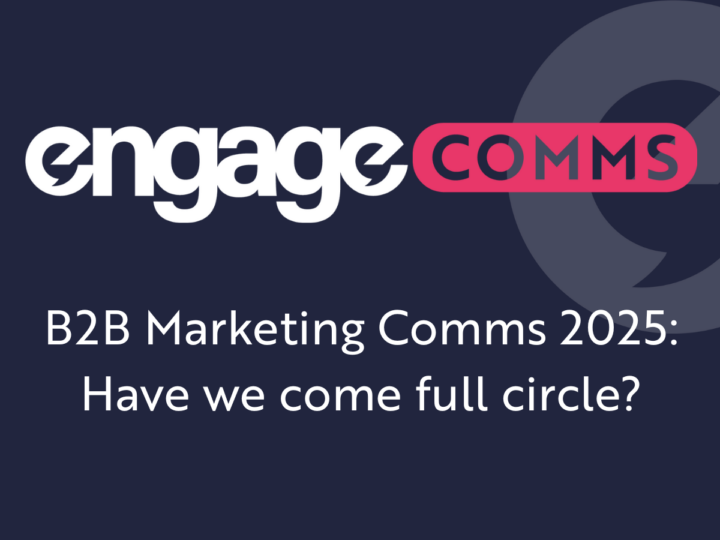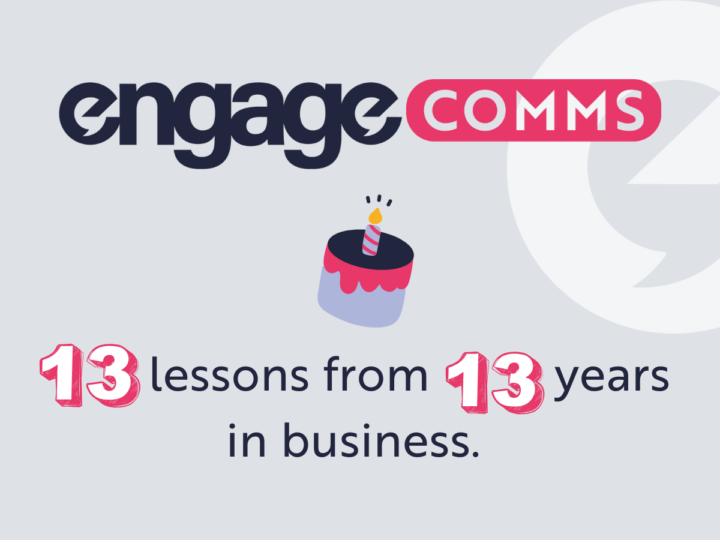Content marketing is usually employed as a means of aiding long term business growth by focusing on top class customer engagement. But the ongoing creation, publication and sharing of insight-led, unique, high quality, useful, authentic, non-salesy, topical and relevant expert content has other positive consequences which make it even more valuable as a low cost, high return on investment route to success.
- Attract and retain the best talent
An integrated content marketing strategy that showcases the people within your business enhances your employer brand and helps you attract and retain the best talent in your industry. This not only saves on recruitment costs but makes your whole business perform better, increasing employee engagement and productivity from a workforce that feels valued and recognised as brand ambassadors.
We find that people focused content is the most effective at engaging audiences and this is particularly true when it comes to recruitment and retention of talented people who are looking for something they can relate to. It has also been shown to increase trustworthiness, credibility and reputation of brands.
- Build brand equity and attract investment

Content marketing, done properly, should go much further than increasing sales and customer lifetime value. Over the long term, it should aim to build brand equity, making your business more attractive to collaborators, referrers, investors and buyers. High quality content is more than a ‘nice to have’, it’s a sellable asset.
Investors are looking for long term growth potential as well as the well-laid, solid foundations of a loyal customer base with a strong bank of case studies to tell the story. Well executed content marketing will, over time, build up a valuable bank of content that will leave investors wanting a piece of the action – and not just content that you’ve created, but also customer-generated content about your brand such as reviews, comments and shares, that you’ve encouraged and bookmarked.
We’ve helped clients from restaurants to manufacturers position themselves as big players in their marketplace at relatively little cost, placing them in prime position for securing investment to aid their growth.
- Mitigate and minimise crises/issues
When a crisis or issue arises, there’s no time to come up with a response. Your content strategy should focus on anticipating and answering potential questions and concerns should the worst happen so that you have something to signpost to while you handle the situation.
Our work with the Credit Services Association (the UK trade body for the debt collection sector) has significantly reduced negative online comments by using proactive thought leadership blogging to demonstrate the organisation’s ongoing efforts to improve best practice in the industry, working with a range of stakeholders on issues such as assisting vulnerable customers and addressing financial abuse. Proactive guidance for consumers on the website has also provided a portal to signpost those with issues while any further necessary measures are taken.
The key to this is not just broadcasting but using social media and other channels to truly listen to those who are responsible for your reputation and creating content that alleviates their concerns in response. Content such as responses to reviews will ensure that any one-off complaints don’t have a bigger knock-on effect to reputation. It also means that you have sample responses prepared in the correct tone of voice and style.
If you want to find out where to start with a content marketing strategy that maximises all these potential long term growth benefits, get in touch now.


